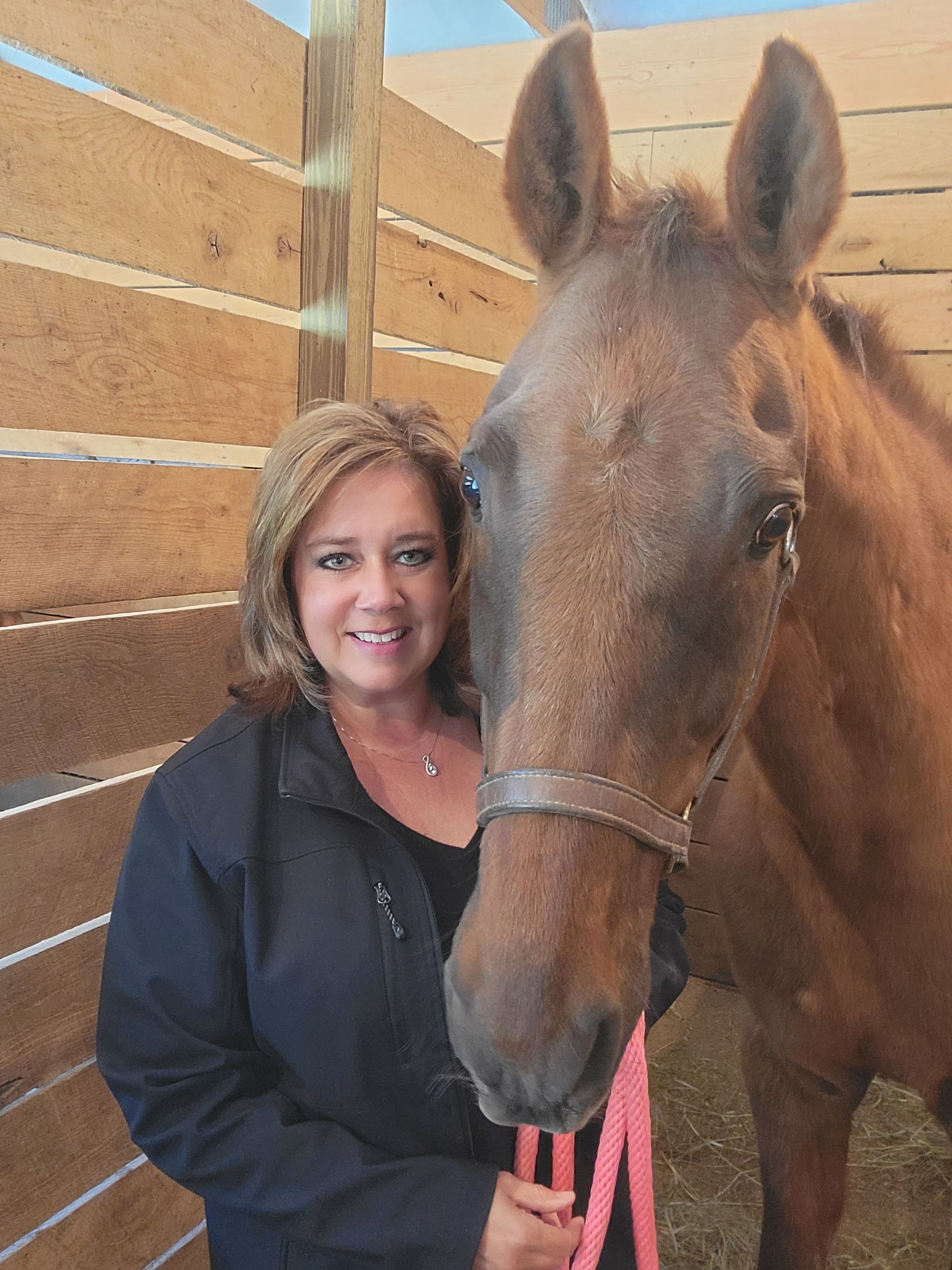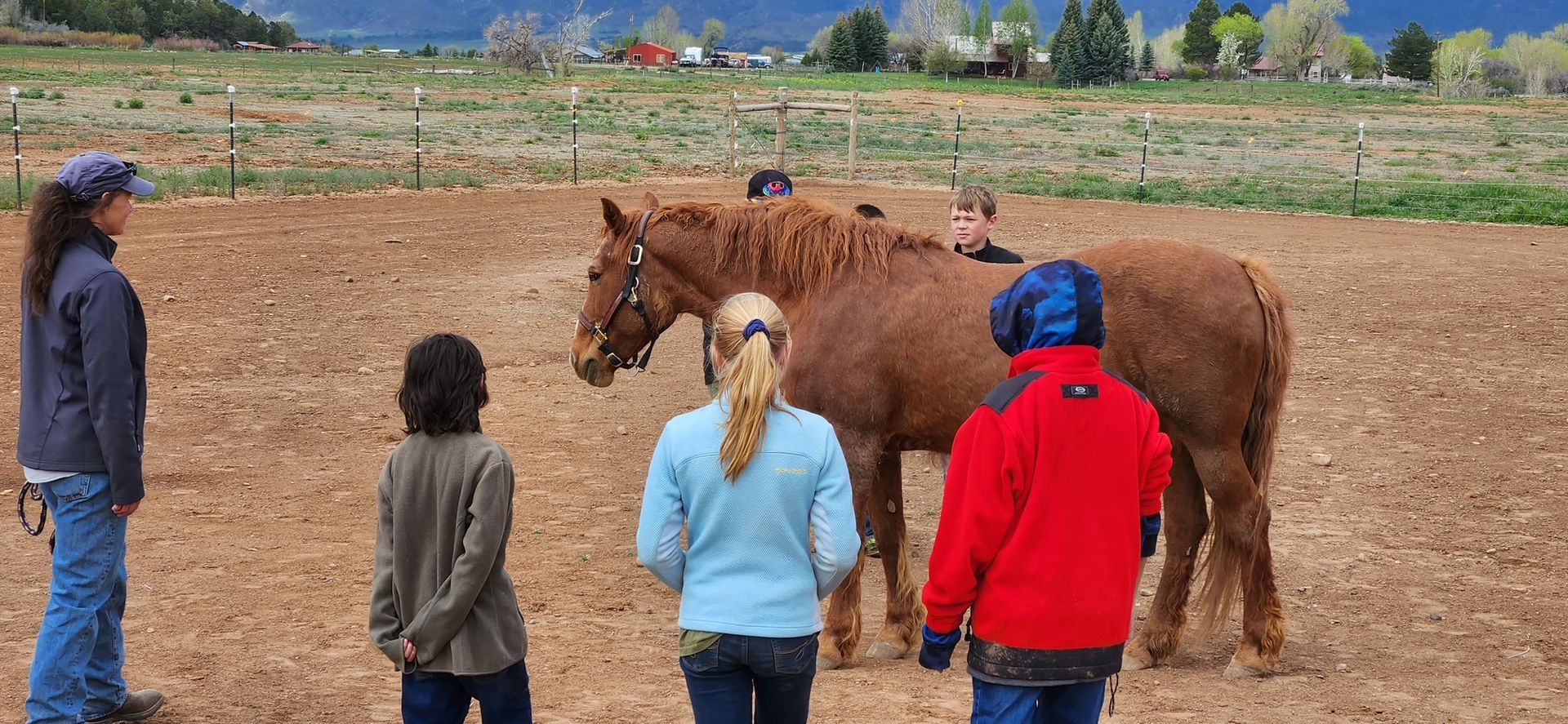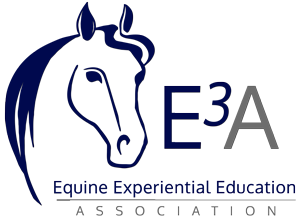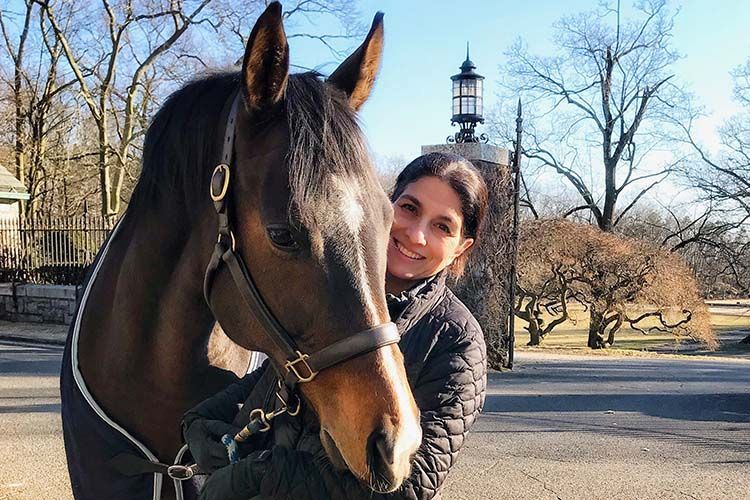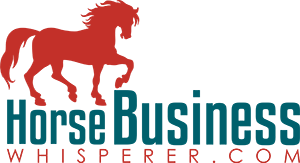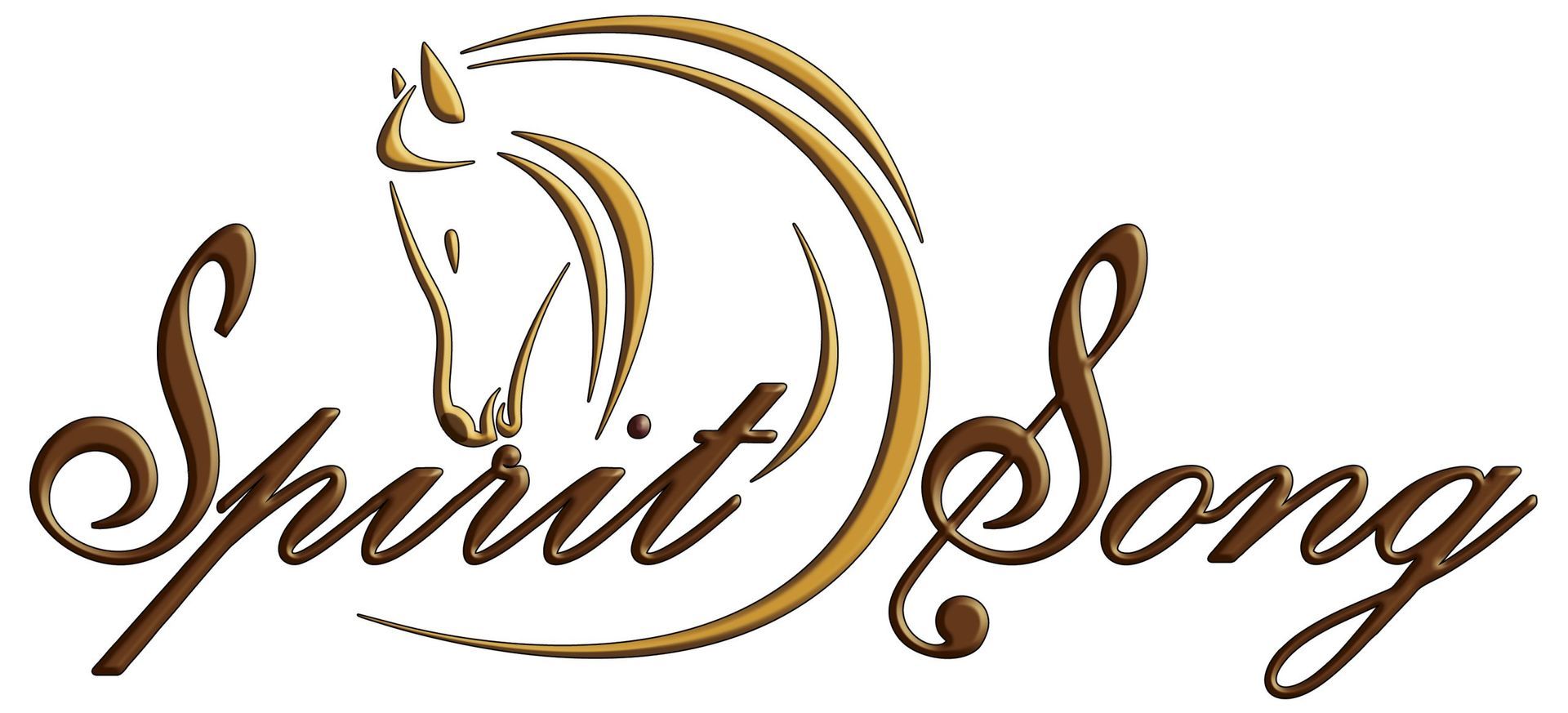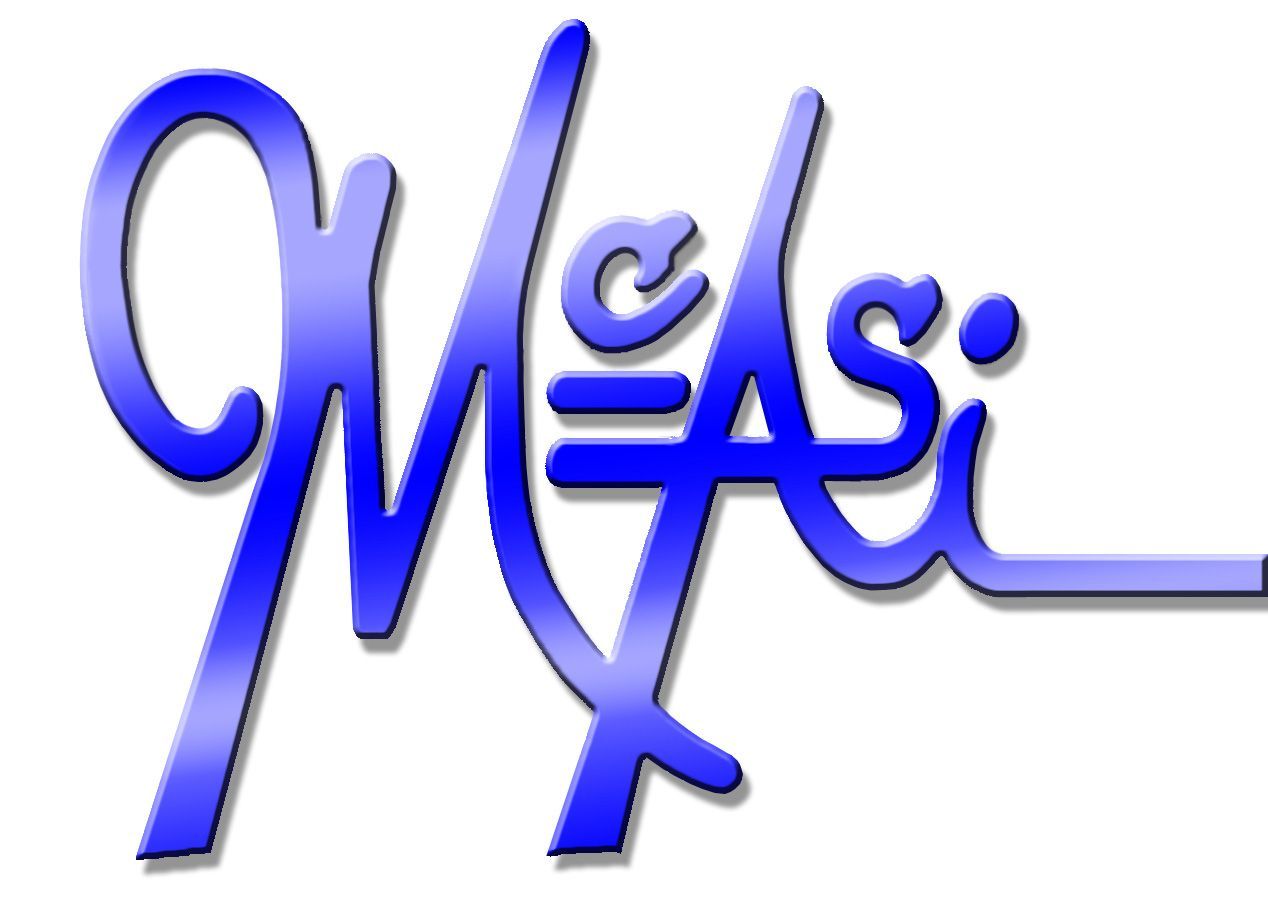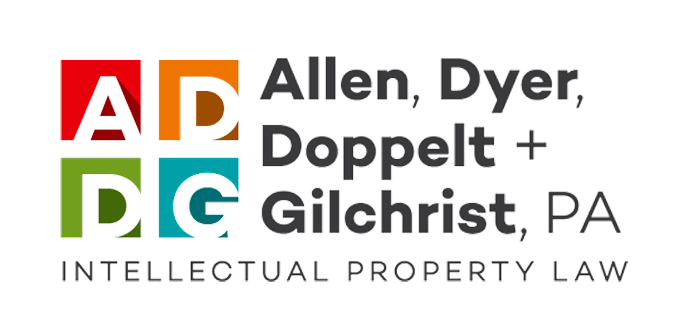Why Horses are Head and Shoulders Above Other Methods of Experiential Learning
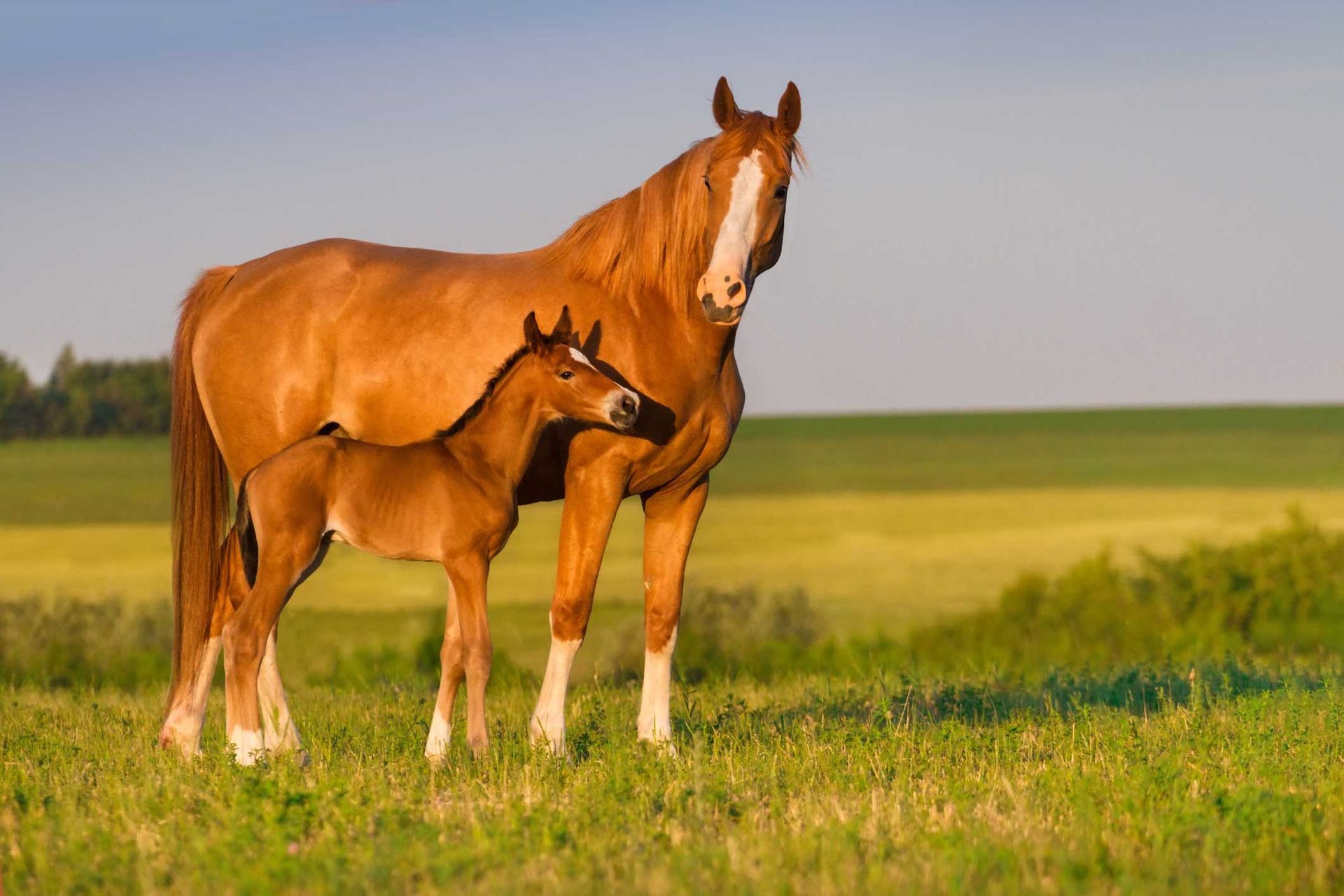
When we talk about equine assisted learning, one of the most common questions we hear is, “Why horses?”
That’s a great question! Let’s have a look.
In equine assisted learning, we often say, “How a person does one thing, is how they do everything.” That means, during an equine assisted learning activity or workshop, a person will interact with the horses in the same way they interact with human beings in their lives outside of the arena.
With their naturally honest, empathic and non-judmental natures, horses give clients immediate, honest feedback that helps them see more clearly how they’re showing up in their lives, jobs and relationships.
Equine assisted learning can also help our clients develop leadership skills such as the following:
Awareness and Communication: As prey and herd animals, horses are highly aware of their environment. They use body language and awareness of one another and their surroundings to communicate, survive and thrive. These are also important skills to help us excel as human beings.
Through working with horses, your clients will be able to practice presence, and awareness of self and others. They will also learn the importance of being congruent (having their insides match their outsides) to build trust and inspire horses and humans to follow their lead.
Emotional Intelligence: Horses are strongly empathetic. They sense our emotions and respond to them immediately and honestly. A confident, relaxed human will easily evoke the same feelings in the horse. On the other hand, someone who is anxious will likely find their horse companion picking up on their anxiety and becoming anxious as well. In this way, horses help humans to gain greater self awareness and practice being able to feel, name and manage their emotional state.
Cooperation: A healthy herd relies on shared leadership and purposefully leaning on each individual’s unique strenghts for the good of the herd. This approach aims to foster harmony, unity, and cooperation while protecting the herd. The human workplace can utilize a similar cooperative team dynamic in many different ways. Teams that work well have people in clearly defined positions that play to each person’s skills and working preferences, creating that same sense of unity and cooperation. The team has trust in its leadership and can respond and adapt to the changing environment creatively when this dynamic is present.
Confidence: In the wild, or even in pastures, horses typically live in herds with a leader who keeps the entire group safe, secure and together. Horse leaders usually don’t do this through violence but rather by being level-headed, confident and capable in all circumstances. With equine assisted team-building activities, your clients will learn non-aggressive, non-verbal, assertive techniques to lead their ‘herd,’ bringing out the best in themselves and everyone around them.
These are just a few ways that horses can help humans improve upon their skills, both professional and personal!
Ready for more on how equine assisted learning can help you and your human herd grow? Join the Equine Experiential Education Association (E3A) for our next live Arena Side Chat on March 7th at 7 pm ET.
